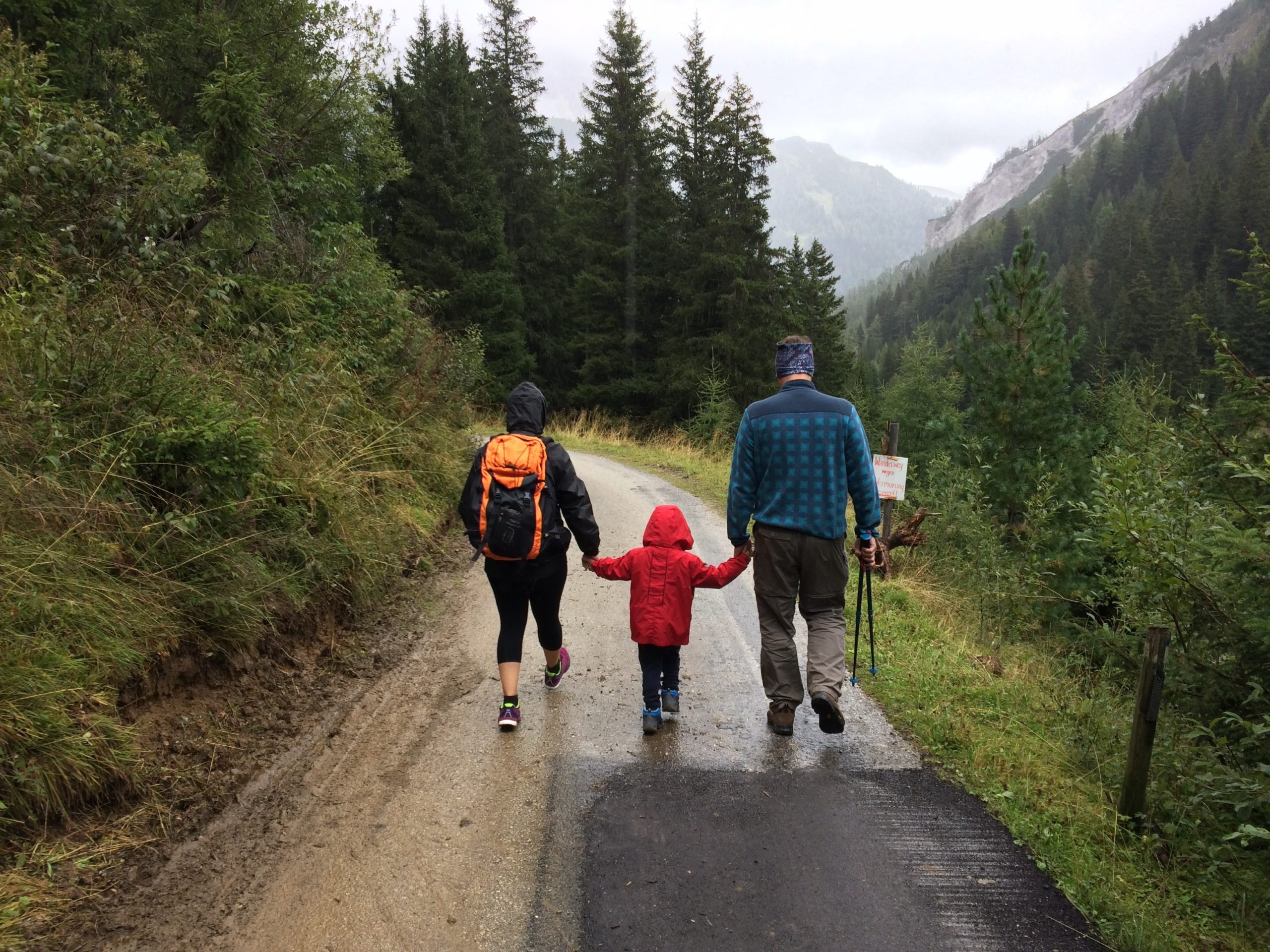Children’s wellbeing ignored in vast majority of National Recovery and Resilience Plans
Eurochild regrets that children remain invisible despite the detrimental impact of the pandemic on their wellbeing.
Eurochild regrets that children are invisible in several National Recovery and Resilience Plans (NRRPs), which will frame the spending of the special EU Recovery funds. Eurochild members and partners have analysed the plans of 16 countries (Belgium, Bulgaria, Croatia, Cyprus, Czechia, Denmark, Finland, France, Germany, Hungary, Lithuania, Portugal, Romania, Slovakia, Slovenia, Spain).
The analysis of the national recovery plans in these countries shows that children have predominantly been ignored. The detrimental impact of the COVID-19 pandemic on the social fabric and children’s wellbeing is not taken into consideration, and social investments are not sufficiently included. Where included, targets and measures on children’s issues are often too generic and insufficient. Additionally, many plans do not propose new elements to tackle this crisis but merely mention pre-existing instruments.
Eurochild also regrets that civil society organisations have been predominantly left out of the process of developing the NRRPs, despite the fact that they provide useful expertise and insight into the impact of the pandemic on different groups of citizens. Only 4 of the 22 organisations and individuals who carried out the analysis were consulted by their governments during the development of the plans.
“A recovery plan for the next generation must address the current challenges faced by children, especially those in vulnerable situations. Children’s organisations working on the ground must be consulted at this critical design phase of recovery plans.” – Jana Hainsworth, Eurochild Secretary General.
Eurochild shared its analysis with the European Commission Recovery and Resilience Task Force and the European Parliament working group on scrutiny of the NRRPs. With this analysis, Eurochild urges EU officials to assess these crucial plans through a child rights lens. As these plans are adopted in the coming months, and implemented in the coming years, Eurochild will continue working together with our members towards the much needed investment in children through the Recovery funds.
Background:
The analysis was conducted through a short questionnaire with Eurochild Members in EU countries, as well as National Coordinators of the First Years, First Priority campaign, gathering their feedback on the NRRPs.
At the end of last year Eurochild published a report on ‘Growing up in lockdown: Europe’s children in the age of Covid-19’, which found that the combination of financial stress, uncertainty over the future, and families being confined to the home during the lockdown led to increased anxiety and mental health problems.
Contact Eurochild to access the analysis
Read Eurochild’s report ‘Growing up in Lockdown’ to understand the situation of children across Europe.
Learn more about Eurochild’s campaign in which children are asking ‘Can We Believe in You’?





